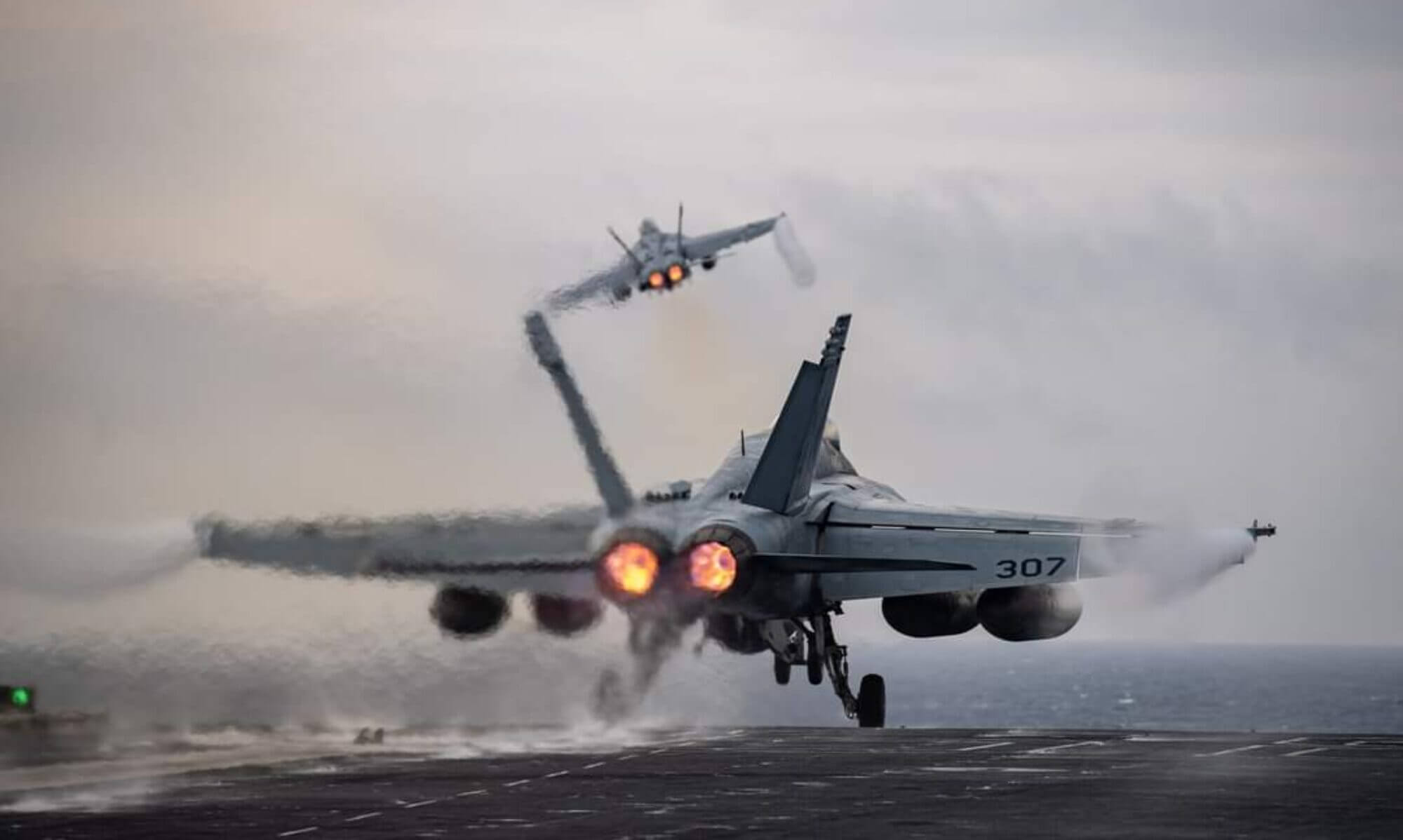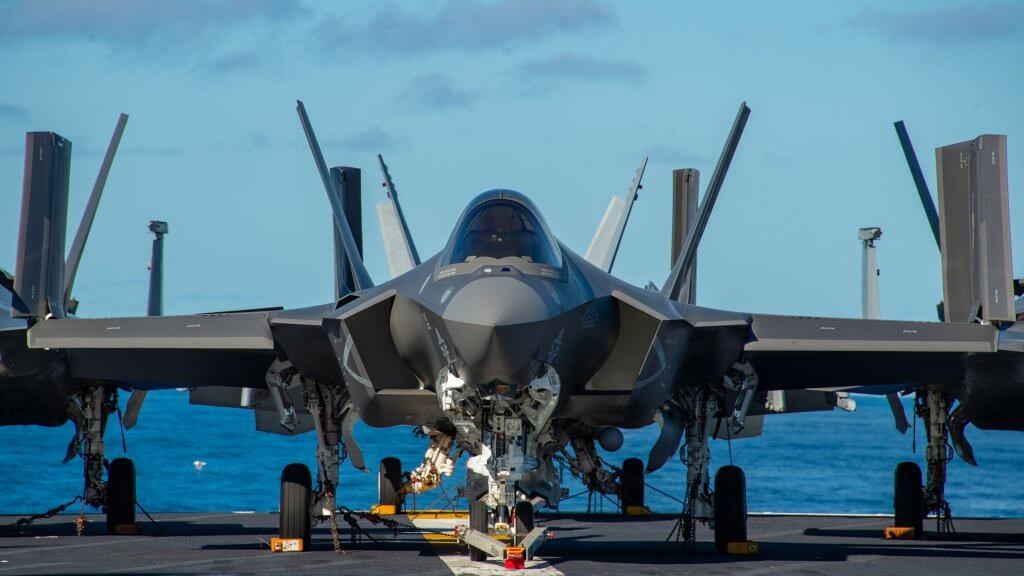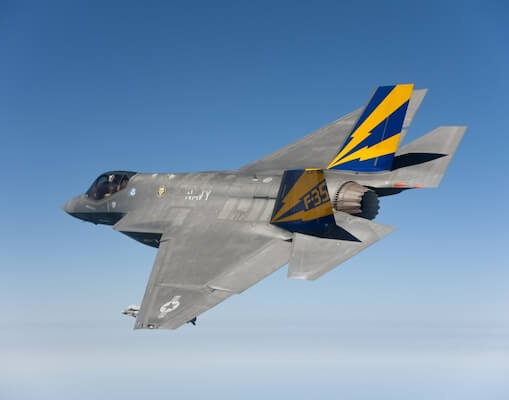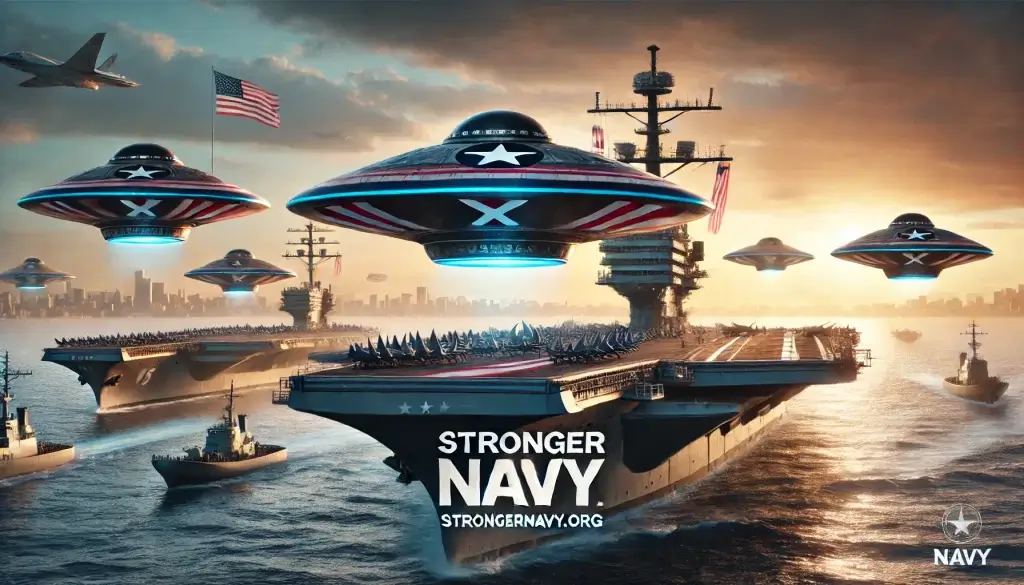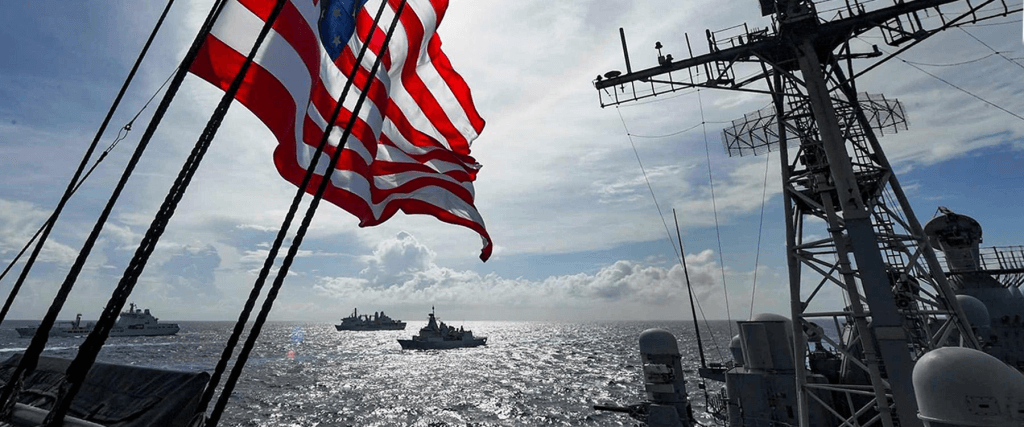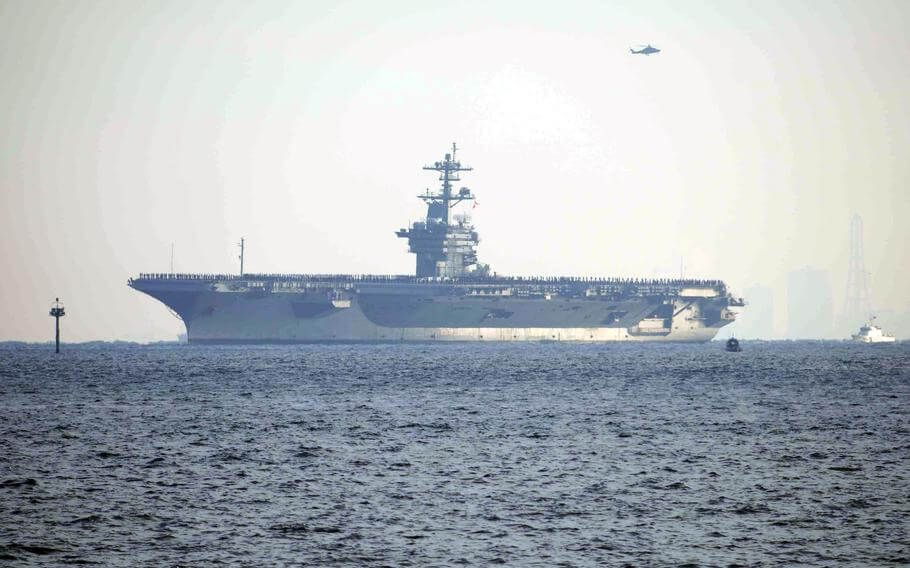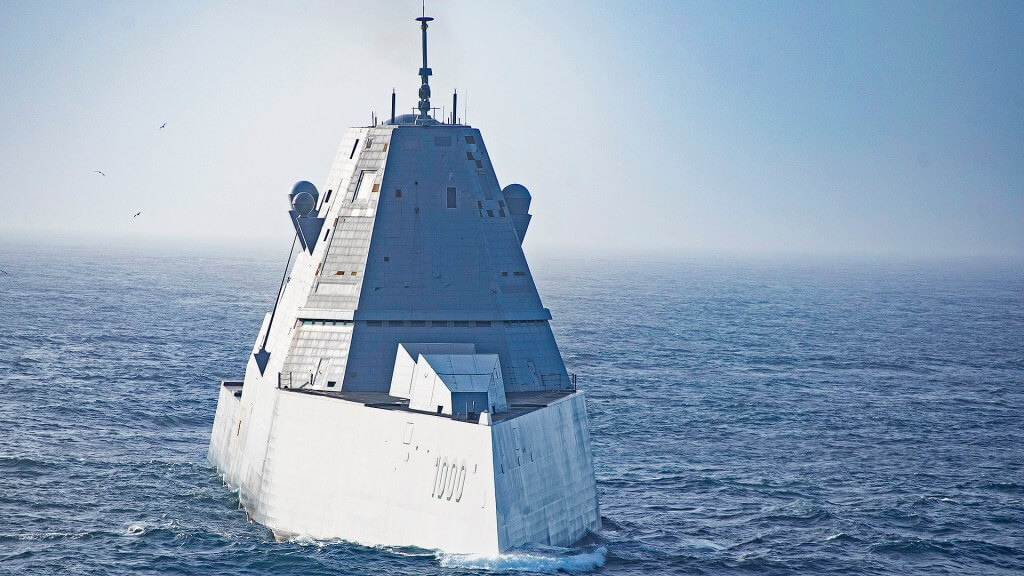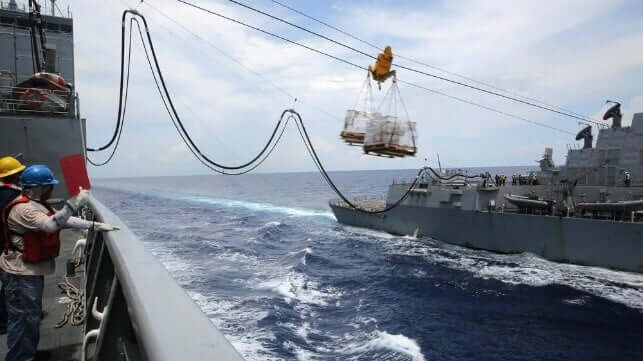Global News
NATO Aircraft Carrier to Visit West Pacific
France’s Charles de Gaulle Carrier Strike Group is scheduled to visit Japan in early 2025 during its Indo-Pacific deployment, with stops in Okinawa. This reflects NATO’s growing strategic focus on the region.
USS Savannah Makes Historic Cambodian Port Call
The Littoral Combat Ship USS Savannah docked in Sihanoukville, Cambodia, from December 16–20, marking the first U.S. Navy port call in Cambodia in eight years.
USS Harry S. Truman Enters Middle East Waters
The USS Harry S. Truman Carrier Strike Group transited the Suez Canal on December 15, bringing U.S. carrier presence back to the region after a month-long absence.
Strike Fighter Squadron (VFA) 151 Returns for Holidays
The “Vigilantes” of Strike Fighter Squadron (VFA) 151 returned to Naval Air Station Lemoore on December 14 after a 5-month deployment in U.S. 7th and 5th Fleet areas.
U.S. Navy Tests Hypersonic Missile
A successful test of the Common Hypersonic Glide Body showcased advancements in the Navy and Army’s hypersonic strike capabilities, achieving speeds at extended ranges.
U.S. Navy Awards Textron $106M for Mine Sweeping Technology
A new contract for the Mine Sweeping Payload Delivery System aims to expand semi-autonomous mine-clearing operations, ensuring maritime security.
U.S. Navy’s Next-Gen Jammer Completes First Deployment
Advanced electronic warfare systems, capable of disrupting enemy air defenses, completed their inaugural deployment with notable success.
New Constellation-Class Frigate Honors Female Naval Pioneer
The USS Joy Bright Hancock (FFG 69) will commemorate one of the first female Navy officers and her trailblazing contributions to military gender integration.
U.S. Navy Intercepts Houthi Attacks in Gulf of Aden
For the second time this month, destroyers USS Stockdale and USS O’Kane intercepted missiles and drones from Houthi forces in the Gulf of Aden.
Quantum Computing for Naval Applications
The Navy explores quantum computing for tasks such as simulating war games, enabling secure communications, and solving maintenance challenges, aiming for transformative operational impacts.
Congress Allocates $5.7 Billion for Virginia-Class Submarines
A stopgap funding bill includes significant investments for the Virginia-class program, emphasizing the importance of submarine force expansion.
U.S. Navy to Expand Constellation-Class Frigate Production
To mitigate delays, the Navy considers adding a second shipyard to accelerate the production of these versatile surface combatants.
China Watch
China Releases ‘Hit List’ Targeting U.S. Navy Systems
The PLA published plans to target U.S. Navy carrier groups, including AEGIS vessels and E-2C Hawkeyes, by overwhelming electronic warfare systems.
Pentagon Warns of China’s Growing Naval Power. The People’s Liberation Army Navy (PLAN) of China has significantly expanded its global reach over the past year, moving more frequently and in greater force beyond its regional waters. This growth is attributed to the ongoing development and deployment of advanced warships and logistics support vessels, which enable the PLAN to operate at greater distances from its home waters
Report: Despite Corruption Problems, China Progresses Toward Modernization
The Defense Department today released the annual “Military and Security Developments Involving the People’s Republic of China” report, a congressionally mandated annual report that offers insight into the capabilities, strategies and goals of China and its military.
China Conducts Largest Naval Drill in Decades Near Taiwan
A massive PLA naval exercise, involving 100 ships, heightened regional tensions as unannounced drills continued close to Taiwan.
Satellite Image Shows Chinese Aircraft Carrier Near Vietnam’s Shores. A satellite image captured on Tuesday reveals a Chinese aircraft carrier operating in the contested South China Sea, close to Vietnam’s coastline.
Russia Watch
Russia Disrupts Baltic Communications
Russian forces have interfered with mobile and maritime communication in the Baltic Sea, testing NATO’s response and posing risks to shipping and energy supplies.
Russia’s Investment in Underwater Drones Increases
Russia and other global powers advance unmanned undersea capabilities, focusing on drones capable of long-range and deep-sea operations.
Iran Watch
Iran’s New Drone Corvette Operates Undetected
The Shahid Bagheri drone corvette patrolled the Persian Gulf for weeks, showcasing Iran’s increasing maritime stealth capabilities.
U.S. Strikes Houthi Command Hub in Yemen
Retaliatory strikes on a Houthi hub responsible for launching attacks in the Gulf of Aden emphasized the Navy’s commitment to regional security.
Upcoming Developments
French Carrier Strike Group Deployment to Japan
France’s Charles de Gaulle Carrier Strike Group will reinforce Indo-Pacific partnerships in early 2025 with planned stops in Okinawa.
U.S. Navy’s E-130J Aircraft Contract Announced
A $3.5 billion contract for the E-130J “Doomsday Plane” will enhance nuclear command and control capabilities.
